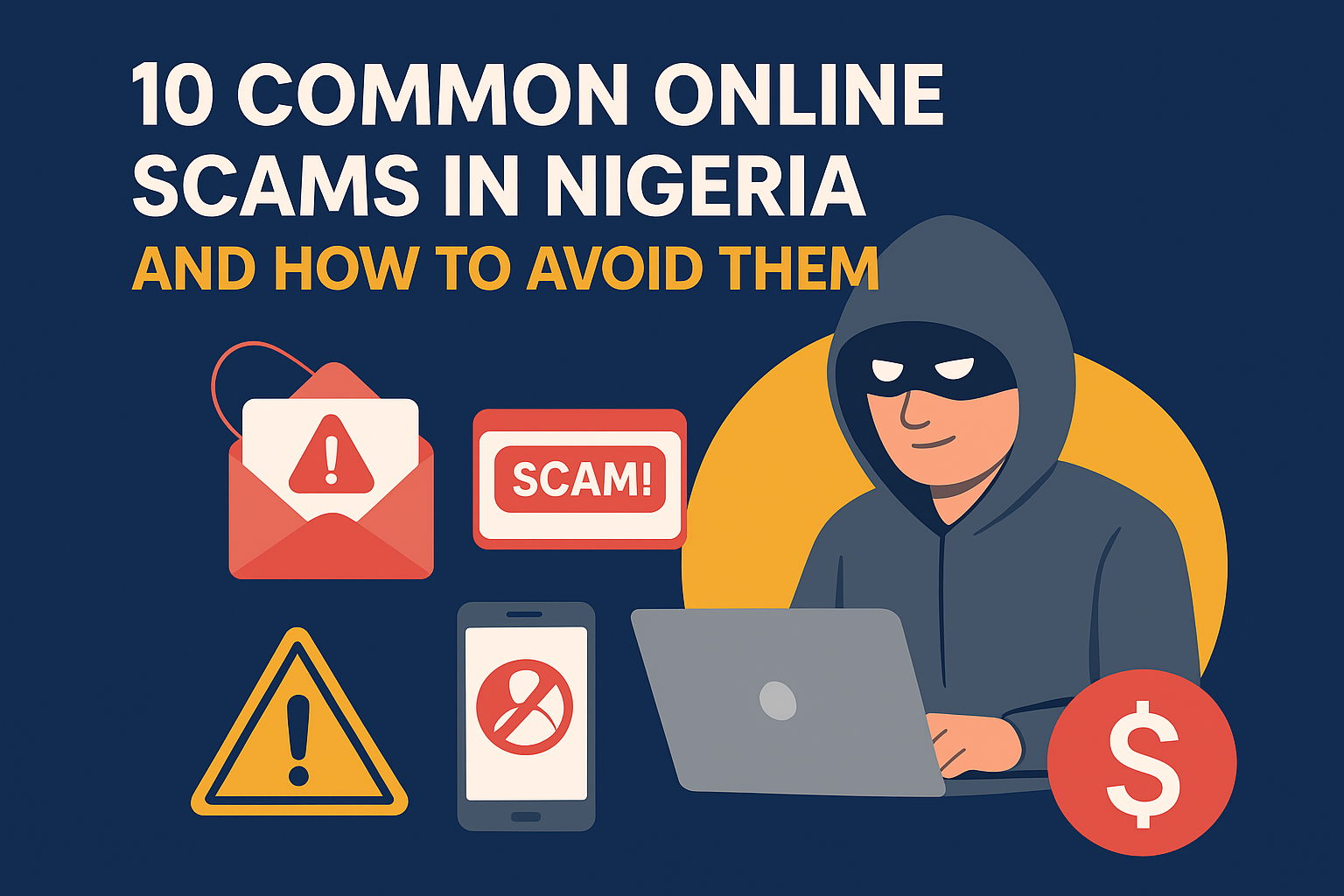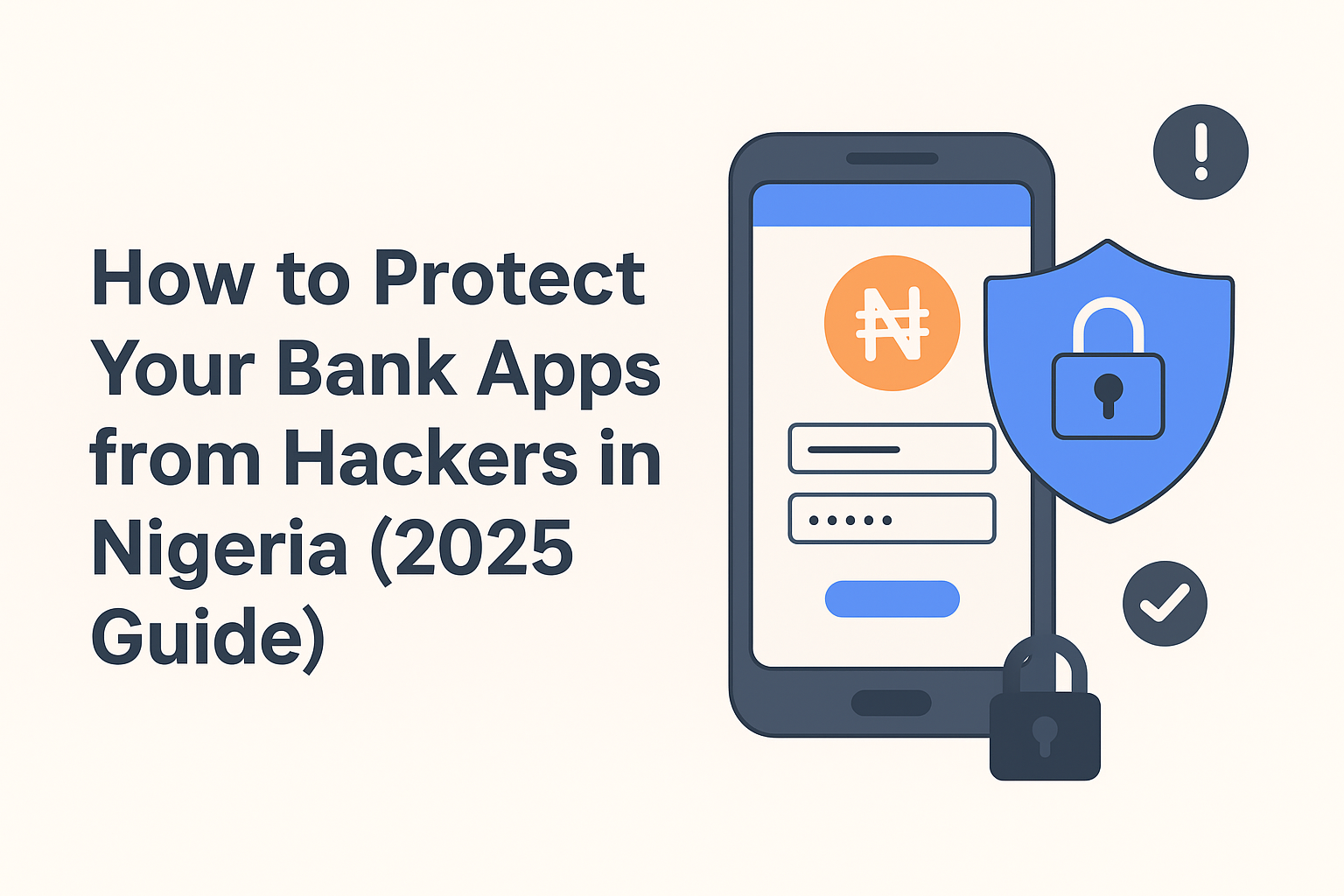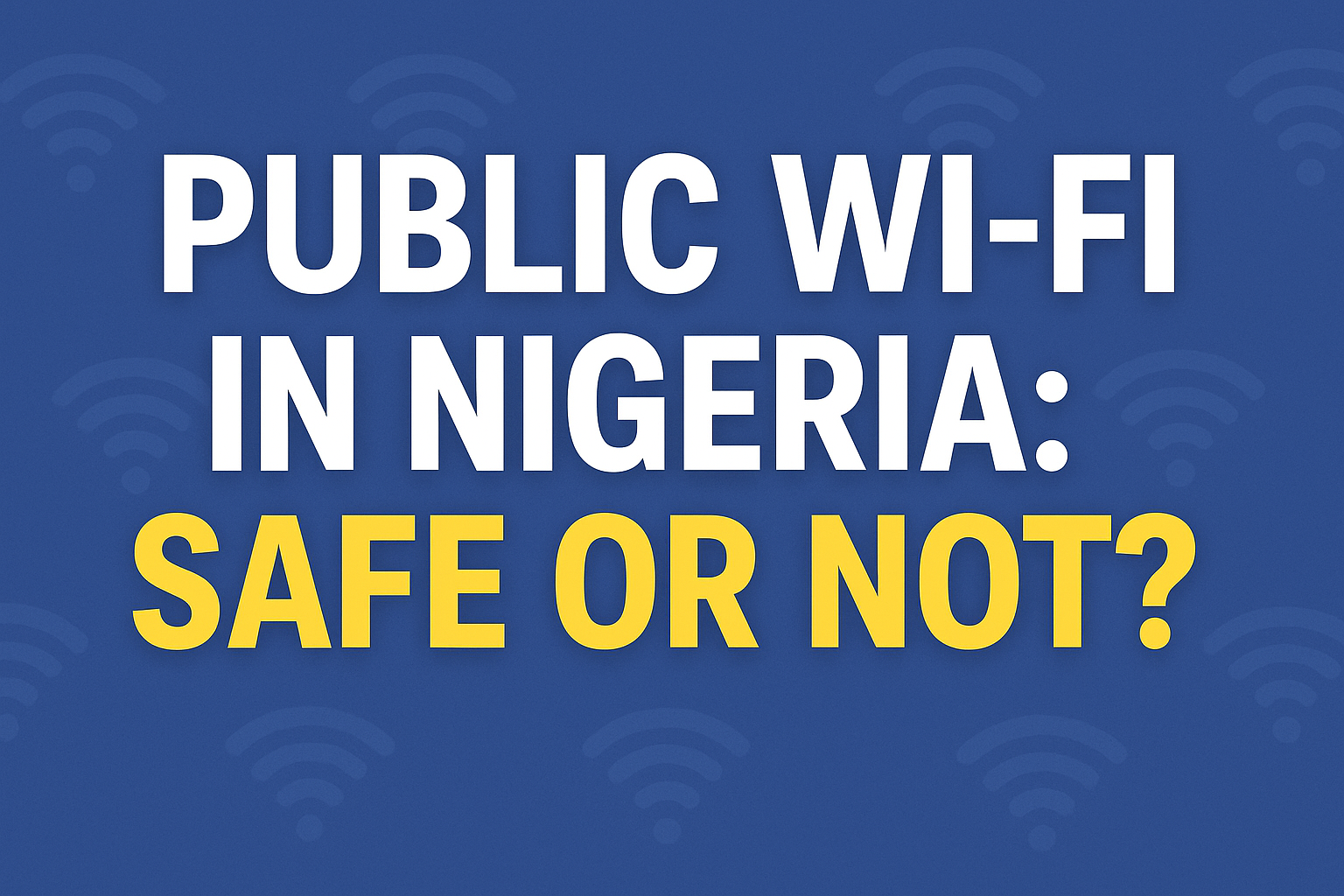In today’s digital-first economy, Nigerian businesses—whether small, medium, or large—are increasingly reliant on the internet to drive operations, customer engagement, and revenue growth. However, with this dependence comes an urgent need to safeguard digital assets. Cybercrime is on the rise globally, and Nigeria is no exception. Reports show that Nigerian businesses lose billions annually to cyberattacks ranging from phishing scams to ransomware.
For small business owners, understanding the top cybersecurity threats in 2025 is crucial for survival and growth. This article explores the biggest risks, why they matter, and how Nigerian businesses can protect themselves.
1. Phishing Attacks Remain the Most Common Threat
Phishing continues to dominate the cybersecurity landscape in 2025. Hackers send fraudulent emails, SMS, or WhatsApp messages that mimic trusted institutions like banks, government agencies, or even colleagues.
Why It’s Dangerous:
- Phishing tricks employees into revealing login credentials.
- Attackers can gain access to sensitive business accounts.
How to Protect:
- Train employees to recognise suspicious messages.
- Use multi-factor authentication (MFA).
- Invest in advanced spam filters.
2. Ransomware on the Rise
Ransomware has become more sophisticated in Nigeria. Hackers now target SMEs by encrypting critical files and demanding payment in cryptocurrency.
Impact on Nigerian Businesses:
- Disruption of operations.
- Permanent data loss if backups are unavailable.
- High ransom demands beyond most SMEs’ budgets.
Solution:
- Regularly back up business data.
- Keep software updated.
- Implement endpoint protection.
3. Weak Passwords and Credential Theft
Nigerian businesses often neglect basic password hygiene. In 2025, credential theft remains one of the easiest ways hackers break in.
Common Mistakes:
- Using “123456” or business names as passwords.
- Reusing passwords across multiple accounts.
Fix It:
- Adopt strong password policies.
- Use password managers.
- Enforce two-factor authentication.
4. Insider Threats
Employees, contractors, or even disgruntled former staff can pose risks by leaking sensitive data or misusing access.
Example:
A former employee with access to a company’s cloud storage may deliberately delete files or share them with competitors.
Prevention:
- Implement strict access controls.
- Revoke access immediately after termination.
- Monitor unusual user activity.
5. Cloud Security Risks
With the rise of remote work, many Nigerian SMEs now store data on cloud platforms. But misconfigured settings, weak access controls, and poor vendor security can expose sensitive information.
Key Risks:
- Data breaches.
- Compliance failures with the NDPR (Nigeria Data Protection Regulation).
Protection Tips:
- Partner with trusted cloud providers.
- Encrypt sensitive data before uploading.
- Audit cloud settings regularly.
6. Social Engineering and Business Email Compromise (BEC)
Hackers increasingly use social engineering tactics—manipulating human psychology rather than relying solely on tech exploits.
BEC in Nigeria:
- Fraudsters impersonate CEOs or suppliers via email to request urgent money transfers.
- Losses in the millions are recorded yearly.
Solution:
- Verify all payment requests by phone.
- Train staff to recognise manipulation tactics.
- Deploy AI-powered fraud detection tools.
7. Mobile Device Vulnerabilities
With smartphones serving as business tools in Nigeria, mobile malware and SIM swap attacks are surging.
Risks Include:
- Compromised mobile banking apps.
- Theft of WhatsApp Business data.
Protection:
- Enforce mobile device management policies.
- Install only trusted apps.
- Use biometric authentication.
8. IoT Device Exploits
As Nigerian companies adopt smart devices (e.g., smart CCTV, Wi-Fi routers, and smart offices), hackers target poorly secured Internet of Things (IoT) systems.
Threats:
- Hijacked cameras are spying on businesses.
- Botnets are created from weak IoT devices.
Defense:
- Change default passwords on devices.
- Update firmware regularly.
- Isolate IoT networks from core business systems.
9. Supply Chain Cyber Attacks
Hackers no longer attack businesses directly but exploit vulnerabilities in third-party vendors, such as payment processors or IT service providers.
Example:
If your hosting provider is breached, your customer data may be at risk.
Protection:
- Vet all vendors for cybersecurity compliance.
- Sign contracts with clear security requirements.
- Monitor supply chain activities.
10. Artificial Intelligence (AI)-Powered Attacks
While AI helps businesses, hackers also use it to create more convincing phishing attempts, crack passwords faster, and bypass traditional security.
Example:
AI-generated deepfake voices trick Nigerian CEOs into authorising fraudulent wire transfers.
Solution:
- Invest in AI-driven defence tools.
- Cross-verify all unusual communications.
- Implement zero-trust frameworks.
Why Nigerian Businesses Are Particularly Vulnerable
- Limited cybersecurity awareness.
- Budget constraints for SMEs.
- Reliance on outdated systems.
- Weak regulatory enforcement.
Actionable Steps for 2025
- Train employees regularly.
- Invest in affordable cybersecurity solutions.
- Backup data both offline and online.
- Stay updated with NDPR compliance.
- Consult local IT security experts.
Conclusion
Cybercrime in Nigeria is evolving rapidly, and 2025 is shaping up to be a year where businesses must remain extra vigilant. From phishing to AI-powered attacks, the risks are diverse and costly. However, with awareness, proactive defence strategies, and smart investments, Nigerian businesses—especially small enterprises—can significantly reduce their risk exposure.
Staying one step ahead of hackers is no longer optional; it is a business survival strategy.







